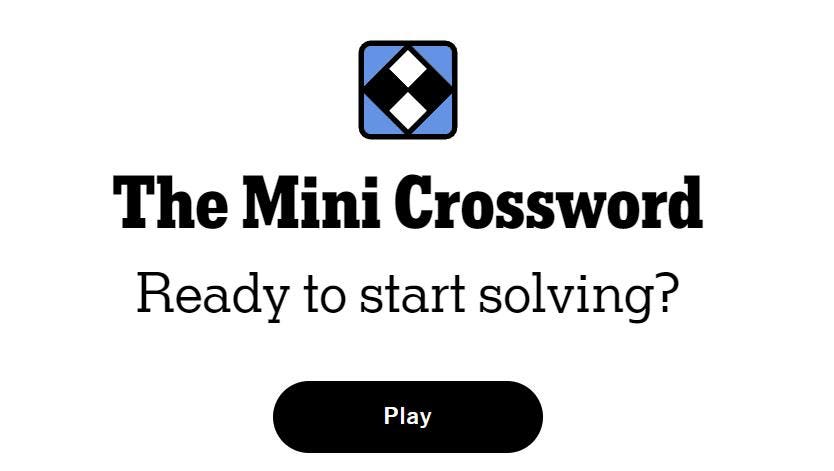When you see the best in the person you love, rather than allowing assumptions to get in the way, it can change the trajectory of your relationship for the better.
getty
Contrary to popular belief, smaller, quieter relationship habits are the ones that do most of the heavy lifting in sustaining intimacy, than lofty promises do. And one of the most underappreciated of these is the act of “kind defaults.” It’s the reflexive, baseline stance you adopt toward your partner in everyday moments of life.
Attachment patterns, communication styles and conflict resolution often take center stage when discussing the fate of a relationship. But hidden inside all of these domains is a subtler phenomenon, marked by how quickly, and how instinctively, you assume goodwill in your partner’s actions.
Do you interpret their tardiness as carelessness, or as a sign they got caught in traffic while trying their best to reach on time? Do you see a forgotten errand as neglect, or as human fallibility? These split-second judgments, also called the “defaults” of your mind, have an outsized effect on whether your bond feels secure or brittle.
Why Do ‘First Interpretations’ Matter?
Cognitive psychology has long taught us that human beings rely on heuristics (mental shortcuts) to interpret the social world. When it comes to relationships, these shortcuts are often automatic.
If your “default setting” is based on fear, you are more likely to attribute a partner’s mistake to their character (“they don’t care about me”) rather than to circumstance (“they had a rough day”). This is called the fundamental attributional error, according to research.
Psychologist John Gottman’s studies at the “Love Lab” reveal a similar truth. He found that couples who thrive over decades aren’t defined by the absence of conflict. Instead, they’re defined by how they explain each other’s behavior. Rather than defaulting to suspicion or blame, lasting couples lean on what Gottman terms positive sentiment override: the tendency to assume goodwill even in tense moments.
These “kind defaults” don’t have to be performative. These mental reflexes can be built with time and involve subtle shifts in perception that orient you toward your partner’s better self. And because such defaults operate consistently in the background, their effects multiply over time.
A partner who’s regularly given the benefit of the doubt doesn’t just feel forgiven, but also experiences a sense of true responsiveness from their partner. A 2023 study underscores how powerful this is: when someone feels that their partner “gets” them, accepts them and assumes the best in them, their sense of relationship security deepens.
In fact, perceived understanding is among the strongest predictors of long-term relationship satisfaction.
How ‘Kind Defaults’ Shield Us Against Relationship Conflict
Relationship ruptures are often a result of minor hurts and perceived slights that accumulate over time. This is where “kind defaults” can act as buffers. When you reflexively interpret your partner’s actions through a compassionate, non-judgmental lens, you prevent molehills from turning into mountains.
For instance, consider how two different couples might tackle the aftermath of a missed call. For one, the default is suspicion, where the ignored partner thinks “They ignored me again. I guess I don’t matter to them.”
In contrast, with the second couple, whose default is generosity in their perspective, the ignored partner would likely think “They’re probably in the middle of something. They’ll get back to me as soon as they can.”
The event is the same, but the downstream emotional consequences are dramatically different. The first couple spirals into assumptions and resentment, while the second remains steady and trusting.
Reinterpreting potentially negative behavior in more benign or generous ways helps partners reduce conflict while also strengthening their capacity for emotional regulation.
A 2023 study published in Frontiers in Psychology found that couples who practiced reappraisal during disagreements reported higher satisfaction and lower stress. This makes “kind defaults” not just about sparing your partner, but also about stabilizing yourself.
Regularly practicing this creates a positive feedback loop. When one partner chooses to extend goodwill, the other feels safer, which in turn makes them more likely to act warmly too. This mimics a sort of “cooperative equilibrium,” where trust and generosity reinforce each other, making the partnership resilient against external stressors.
How To Train Your Mind Toward ‘Kind Defaults’
Granted, kind defaults don’t come naturally to everyone. They may come easier if you grew up in an emotionally secure environment, but harder if you carry wounds from relationships where neglect or betrayal were common.
Fortunately, psychological habits can be trained, much like muscles. These relational defaults can be learned through conscious rehearsal until they become the new baseline. Here are a few effective strategies to allow kindness and grace to become your default in relationships:
- Notice your first interpretation. When something small goes wrong, pause and identify the immediate story your mind supplies about it. Is it accusatory (“they don’t care”) or contextual (“they’re under pressure”)? Simply becoming aware of this inner self-talk is the first step toward shifting it.
- Bring in generosity. Actively replace the accusatory story with a more generous one. This doesn’t mean excusing harmful behavior. Rather, it means resisting the reflex to see every stumble as evidence of disregard. For example, instead of thinking “they forgot because I don’t matter,” try rewiring your brain to think “they forgot because they’re juggling too much today.”
- Take the time to respond intentionally. Respond in a way that reflects this generous story. If your partner is unable to immediately respond to you at work, a text that says, “ I hope your day’s going well, let me know whenever you’re free,” not only prevents conflict but also models the kindness you wish to receive. This teaches both your partner and your own nervous system to default to trust.
- Plan the default map. The simplest way to shift defaults is to anticipate common friction points and pre-decide your responses. This creates a “map” your brain can follow under pressure and prevents escalation when it’s most likely. For example,
- In case of curt texts, instead of assuming hostility, default to curiosity. You can ask, “Reading this as short, are you rushed or upset?”
- If you need to broach a conflicting topic for discussion, begin with humility. “I might be wrong, but can we look at X together?”
- Respond with care, whether that’s making loving eye contact, offering a reassuring touch or leaving a short but warm text, these quick reassurances can keep relationships strong in tense moments.
- Plan the “If-Thens.” These are scripts rehearsed in advance so that under stress, you default to the better response automatically. For instance, you decide, “If it is after 10 p.m., then we shelf sensitive topics until morning” or “If I feel overwhelmed, then I pause and say, ‘I need ten minutes to reset before we continue.’”
This takes impulsive reactions off the table in heated moments when a couple’s emotional bandwidth is low or boundaries are prone to violation. With time, kind defaults become ingrained enough to function as reflexes. In fact, reappraising situations with kindness makes generosity the brain’s “path of least resistance.”
Do your and your partner see the best in each other or assume the worst? Take the science-backed Relationship Satisfaction Scale to see where you stand as a couple.









